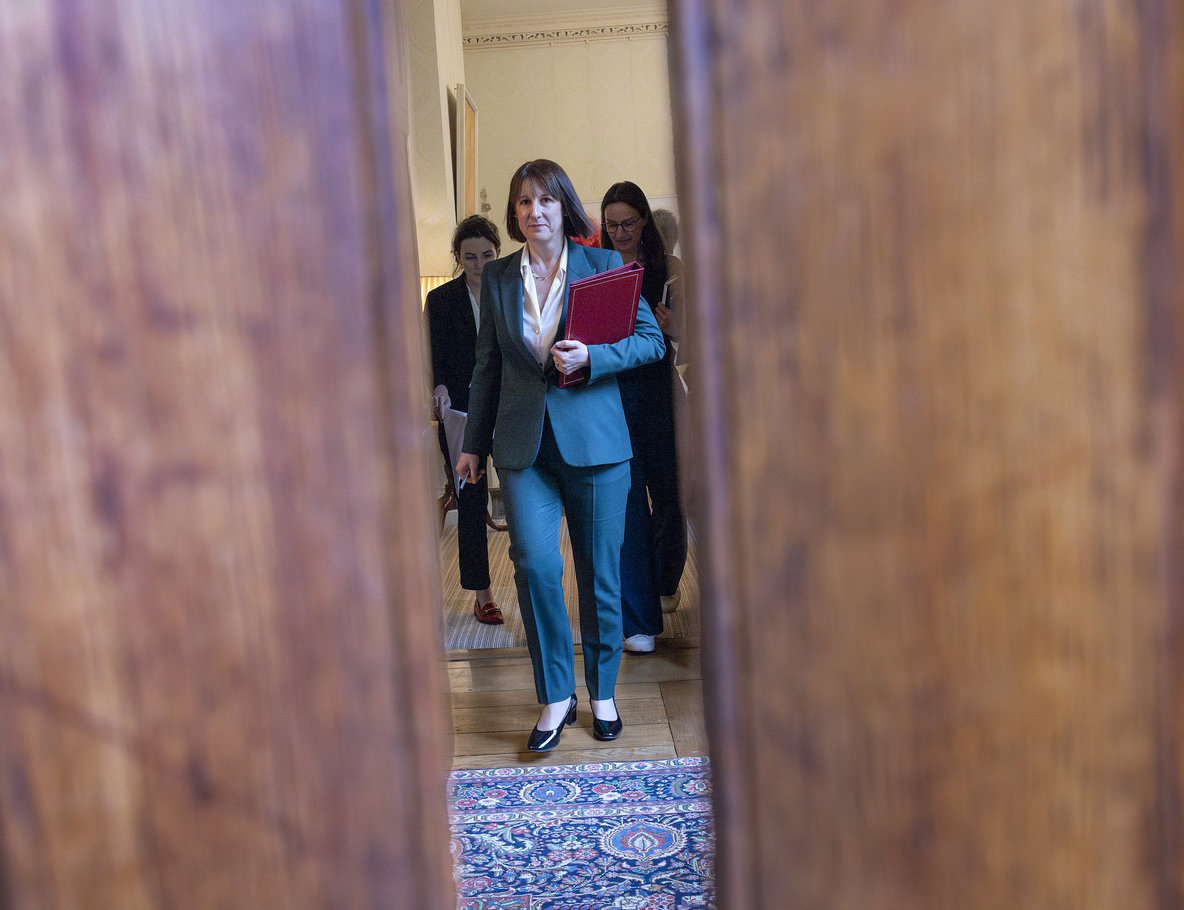
The Chancellor confirmed she will soften planned changes to the non-dom tax regime in a bid to calm fears among these key buyers of UK prime property.
Rachel Reeves will allow a more generous phasing out of tax benefits set out in her October Budget she told a fringe event at the World Economic Forum in Davos.
She added that the government had been “listening to the concerns that have been raised by the non-dom community.”
The move will allow non-doms to bring foreign income and gains made before April 2025 into the UK and pay tax at a discounted rate of 12% in the 2025-26 and 2026-27 tax years, rising to 15% in 2027-28 — compared with the maximum income tax rate of 45%.
Lobbyists for non-doms argued that Labour’s plans, combined with a tightening up of their tax status introduced by Conservative Chancellor Jeremy Hunt last year, has made the UK a less attractive place for this group to invest in.
Last year, some 9,500 millionaires left the UK, according to provisional estimates in a report by global analytics firm New World Wealth and investment migration advisers Henley & Partners earlier this week.
This compares to 16,500 millionaires who left the country since Brexit, between 2017 and 2023, the report added, favouring such cities as Paris, Dubai, Amsterdam, Monaco, Geneva, Sydney, and Singapore.
However, the Treasury still expects its range of taxes that apply to non-doms to raise £33.8bn over five years.
Charles Russell Speechlys law partner Dominic Lawrance says: “Rachel Reeves has stated that she is listening to concerns about the widely reported ‘millionaire exodus’ of non-doms.
“But if the government’s only proposed solution is making minor changes to the temporary repatriation facility, it seems the Treasury is still failing to understand the issues which are driving this economically catastrophic development.
“If the exodus is to stopped, far more radical change is needed, in the form of a special tax regime for internationally mobile individuals, which is genuinely attractive and competitive.
Lawrance argues: “The government needs to show that it gets this point. The latest announcement looks very much like a rearrangement of deck chairs on a stricken liner.”
“Following the chancellor’s inaugural Budget, purchasers in prime central London continue to exercise caution,” Savills added in its fourth quarter prime London report earlier this month.
It reported that annual house prices fell 0.8% in the final three months of last year, hit by the “winding-down of the ‘non-doms’ tax status” and the rise of the stamp surcharge on second homes.
These steepest declines were seen in Knightsbridge, down 2%, South Kensington, falling by 1.6%, and Belgravia, which was 1.5% lower.



